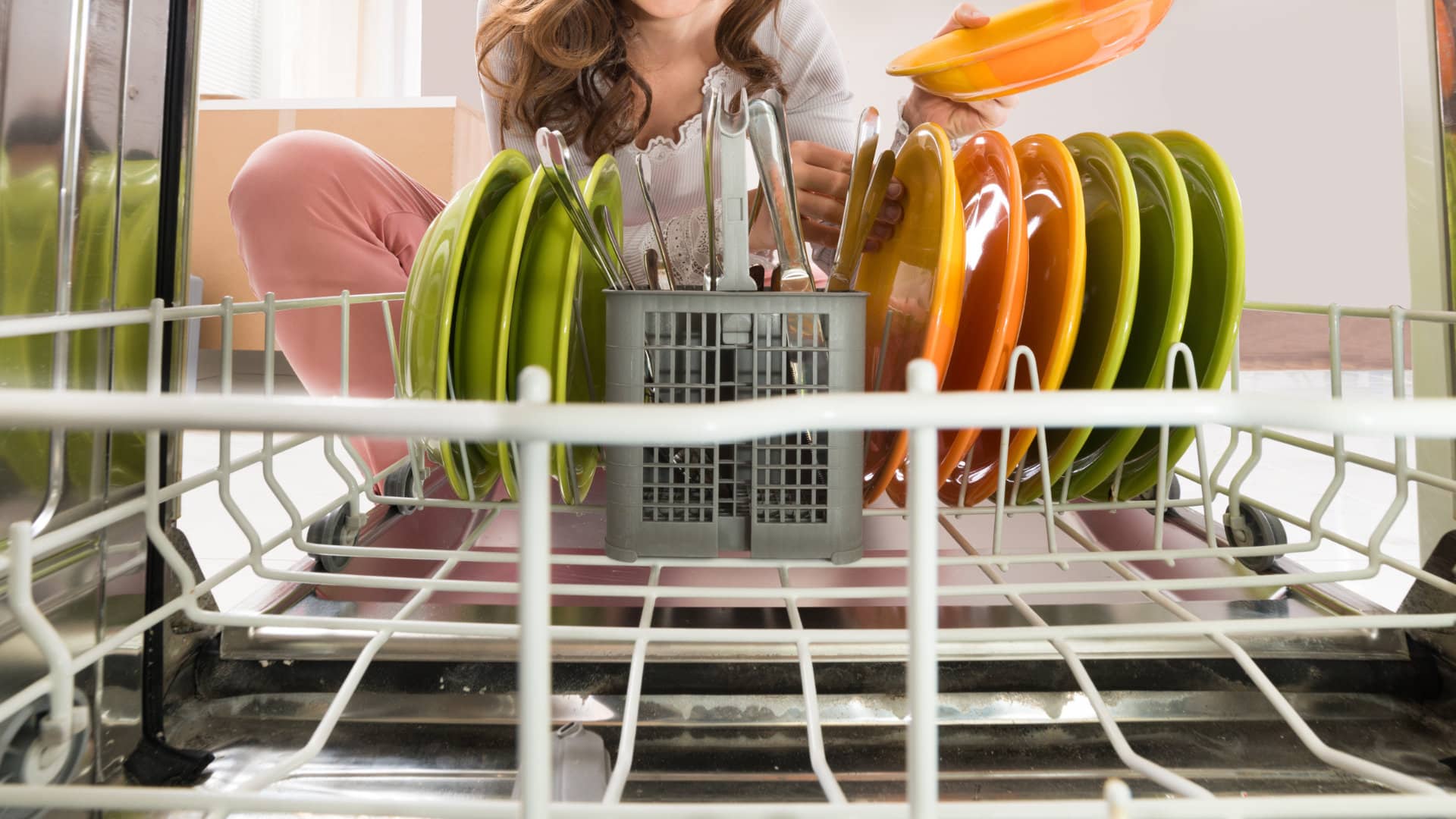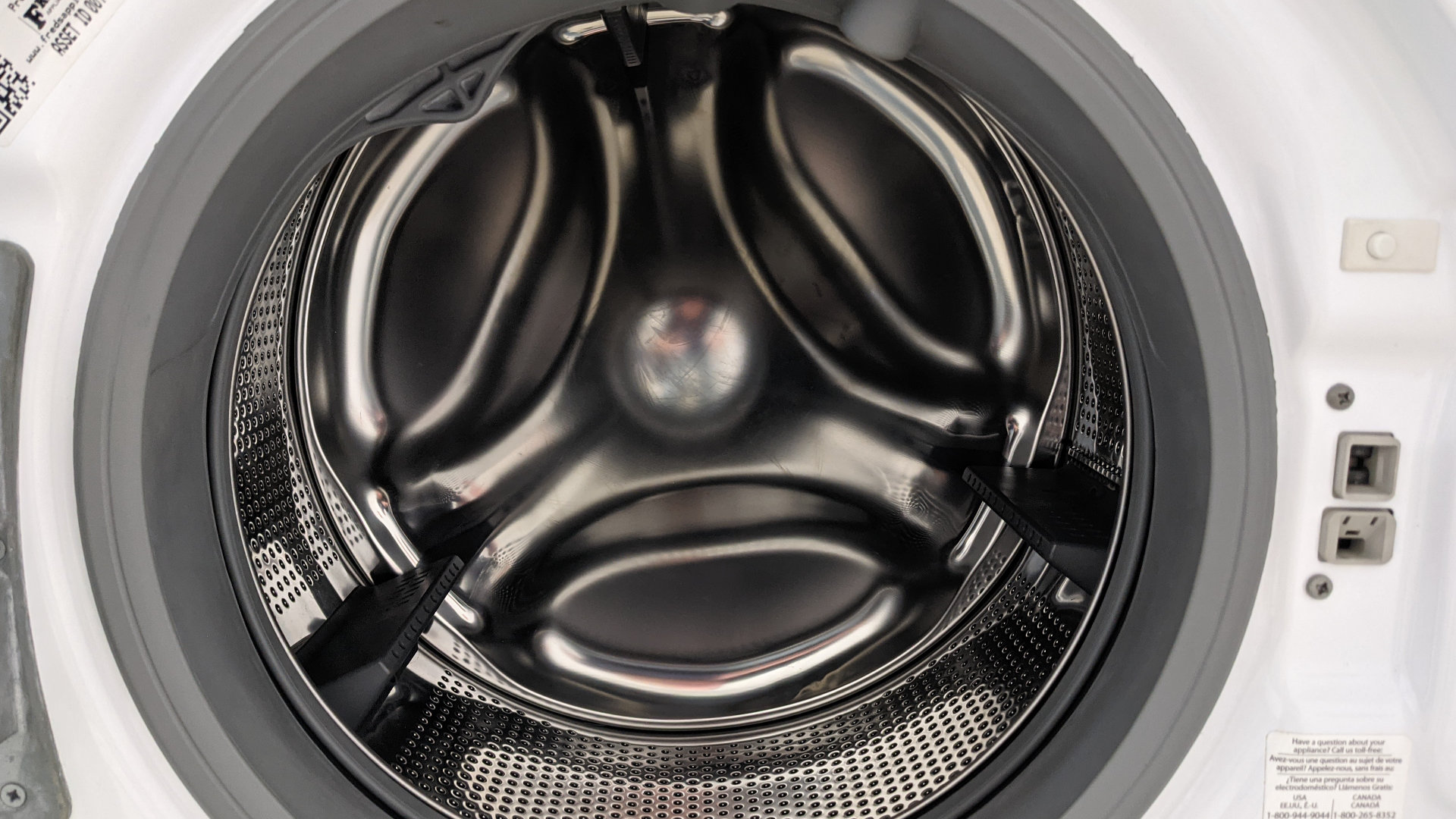
After the front load washer has finished its cycle, we all anticipate the crisp smell of clean clothing. However, when you open the door and notice a damp, musty odor, it can quickly ruin your day, because what should have been a quick task isn’t over yet.
The good news is that you can easily stay on top of this problem to prevent it from recurring. But for now, you will need to diagnose where the smell is coming from and sort it out quickly. This guide is here to help, and the solutions are pretty simple.
Inspect the area around the washer
Laundry areas are hot and humid places. Because of this, the smell might not be coming from the washer directly. For example, it could be from dirt, mold, or dead insects under the washer or down its sides. Here’s a step-by-step guide to eliminating all potential sources.
- Move the washer away from the wall, and clean the area around it if necessary.
- Check soft furnishings such as curtains, carpets, or rugs to ensure the odor is not embedded in them. Clean these items if necessary.
- Check the laundry sink and drain. If a bad smell is coming from the drain, you could try a drain cleaner.
- Ensure there is no mold, mildew, or damp areas in the washing hamper, as this can also cause odor.
Clean the rubber gasket
If you are confident that the smell is coming from the washer, then cleaning the rubber gasket is the best thing to start with. The rubber gasket is the seal around the front loader door and prevents water from leaking. Start with this method first because it requires the least effort.
- Find some disinfectant wipes or squirt some disinfectant spray onto a cloth. Ensure that the product you use is safe on rubber.
- Inspect the rubber gasket. Look between the folds for dirt and lint.
- Remove any debris with a wipe or cloth to prevent mold and bacteria from growing.
- Wipe the surface of the rubber gasket with a clean cloth, and you’re done.
Clear out the lint tray
The next thing you can try is clearing out the lint tray. You should always clean the lint tray, even when there is no odor coming from it, because this will prevent lint from collecting on your clothing.
- Locate the lint tray on your machine. Most lint trays are hidden behind a tiny door near the bottom of the washer.
- Open the door and remove the lint tray.
- Empty the lint tray and wash it under a tap.
- While waiting for the tray to dry, grab a dry cloth and wipe the remaining lint from where the lint tray sits in the machine.
- Replace the lint trap when it is dry.
Clean the front loader with washing machine cleaner
Many people assume that since the detergent they use is cleaning their clothes, it will also clean the machine. However, laundry detergents are only suitable for clothing. They do not contain any chemicals that will clean the washer. This is probably best because a detergent that cleans the machine simultaneously would ruin your clothing. You can buy washing machine cleaners from your supermarket.
Here’s a quick guide on how to use a washing machine cleaner.
- Select a good-quality washing machine cleaner from your supermarket. Choose a suitable one for front loaders that can cut through grease and hard water minerals.
- Before using the cleaner, read the instructions. Take note of the washer settings required for the cleaner to work best.
- Poor the washing machine cleaner into the detergent dispenser, or where specified on the instructions.
- Select the correct settings and let the washing machine do the rest. Do not put anything in the washer while using the cleaner.
- If the smell keeps coming back, use the washing machine cleaner once a week or when required.
Check the front loader water pipe
All front loaders have a water pipe that expels wastewater from the machine. Most pipes usually overhang the laundry sink so that the water can go down the drain, or they might be connected to another pipe under the sink. However, if the pipe is overhanging the sink, you are more likely to notice a foul odor.
Sometimes these pipes become blocked with dirt, lint, or debris, enabling bacteria and mold to grow inside. To clean this pipe, you could try a washing machine cleaner. Aim for a cleaner that is tough on grease, detergent build-up, or hard water minerals, as it should also work on the wastewater pipe.
Still noticing a persistent smell?
If you notice that the smell keeps coming back frequently, some further considerations may help.
Temperature and humidity
Bad smells in the laundry room often come from mold and bacteria, and they thrive in humid conditions. They also grow best at temperatures of 77-86°F (25-30°C). Here are some ways to reduce the temperature and humidity in your laundry room:
- Open windows or doors while the washing machine and dryer are operating.
- If your dryer duct is not connected to a vent, direct the duct out of a window or door. This way the hot air from the dryer can go outside.
- Use a fan to reduce the temperature.
- Use a dehumidifier to reduce moisture.
- Avoid hanging your clothes in the laundry room to dry.
Do not leave wet clothes in the washer
Leaving wet clothes in the washer for too long can also create a bad odor. You should dry your clothes as soon as possible because wet clothing creates a damp environment for bacteria and mold to grow. Unfortunately, these microorganisms can still persist after washing.
One way to overcome this problem is to put your machine on a timer. For example, if you put your clothes in the washer overnight to hang them in the morning, you could put your machine on a timer for 6 hours. When the 6 hours are up, your machine will start. As a result, the amount of time your wet clothes sit in the washing machine will be reduced.
Avoid cleaning your front load washer with vinegar
Many people opt for vinegar because it is a natural product. However, vinegar can degrade rubber and is not good for rubber gaskets and hoses on your machine. As a result, it can cause these parts to leak, and the water that escapes might contribute to other bad odors.
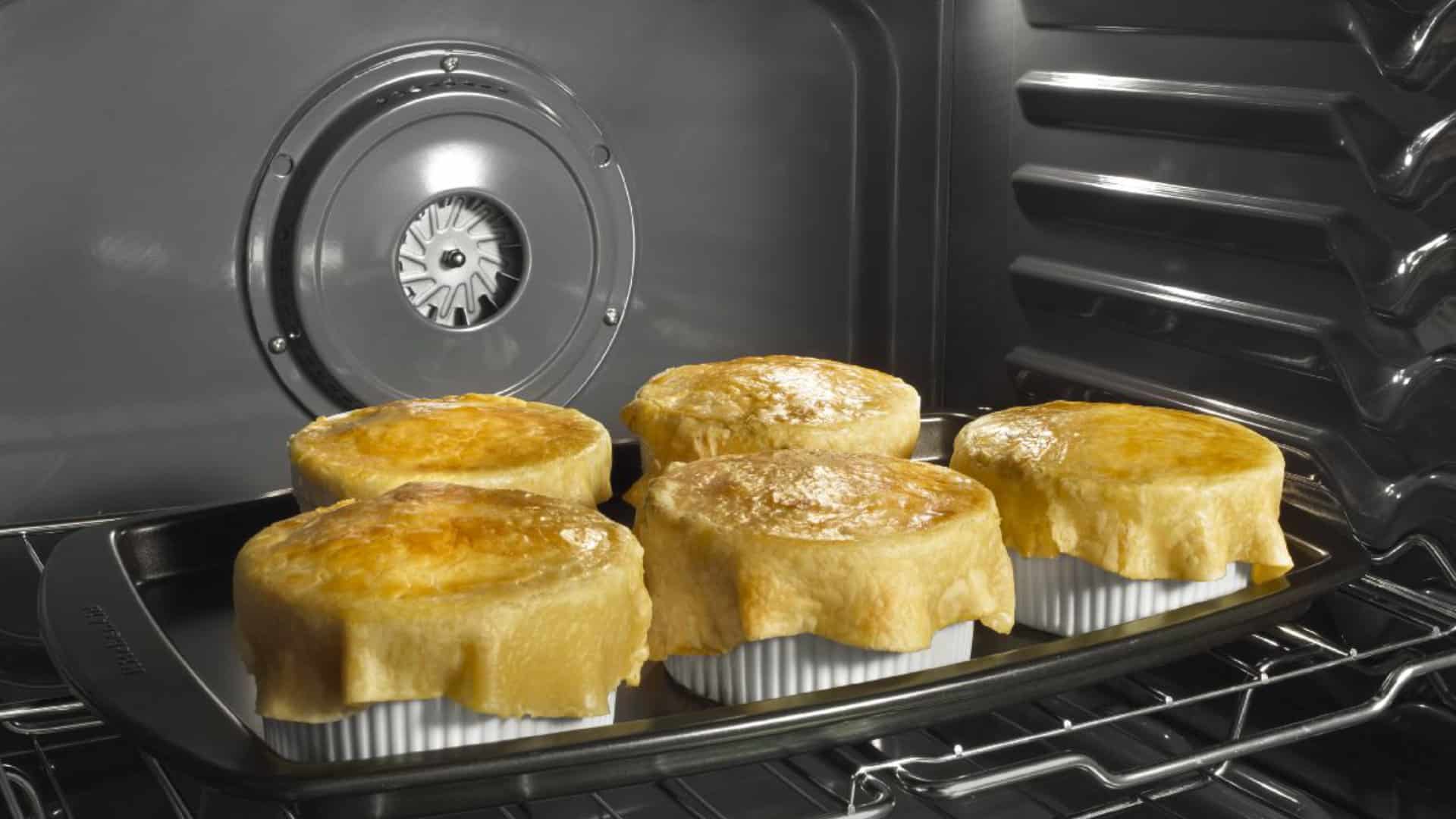
How to Fix Whirlpool Stove F9 Code
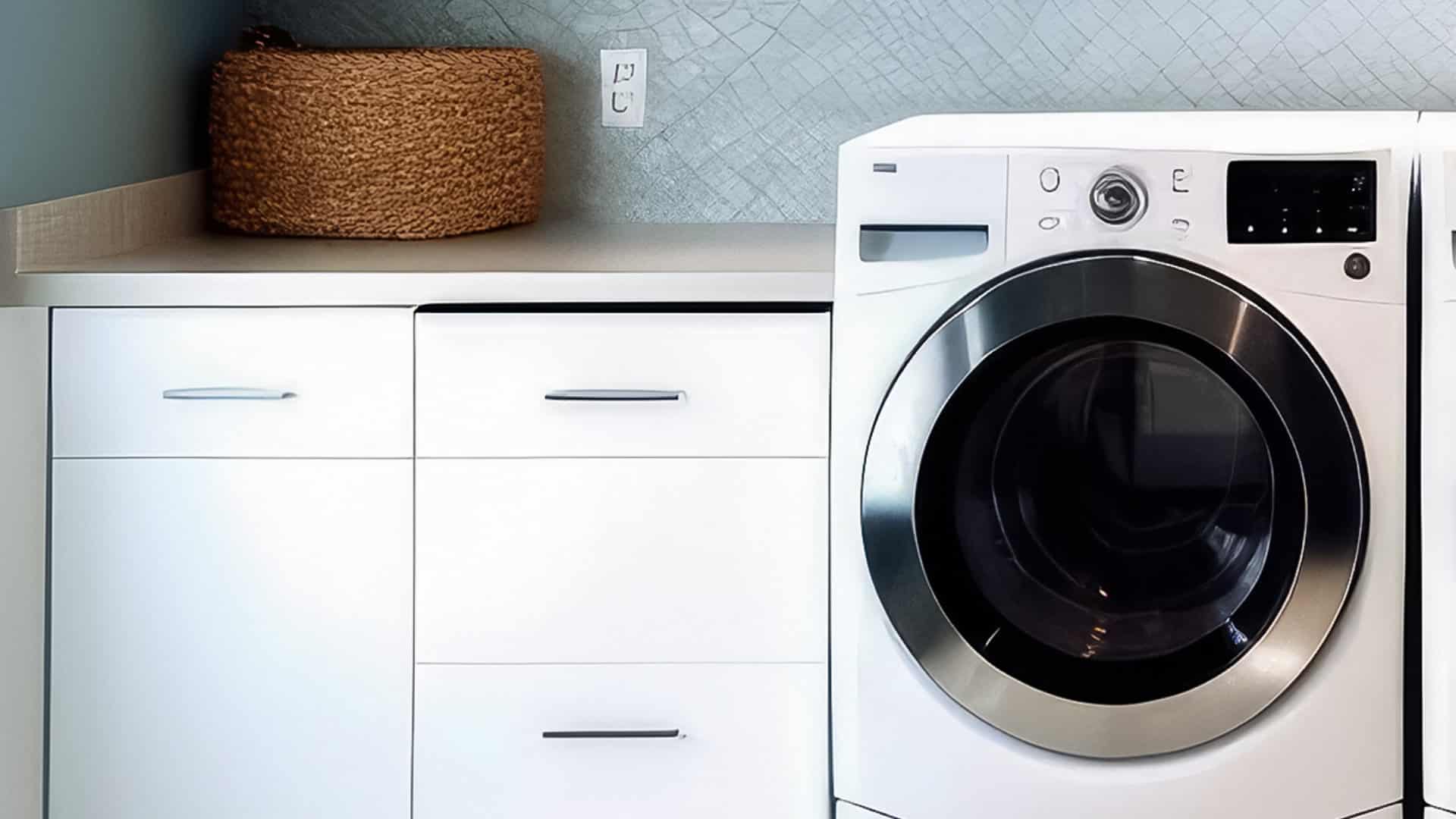
Fix Whirlpool Duet’s F20 Error Code

Freezer Working But Not Fridge? 5 Fixes

Speed Queen Washer Error Codes Explained
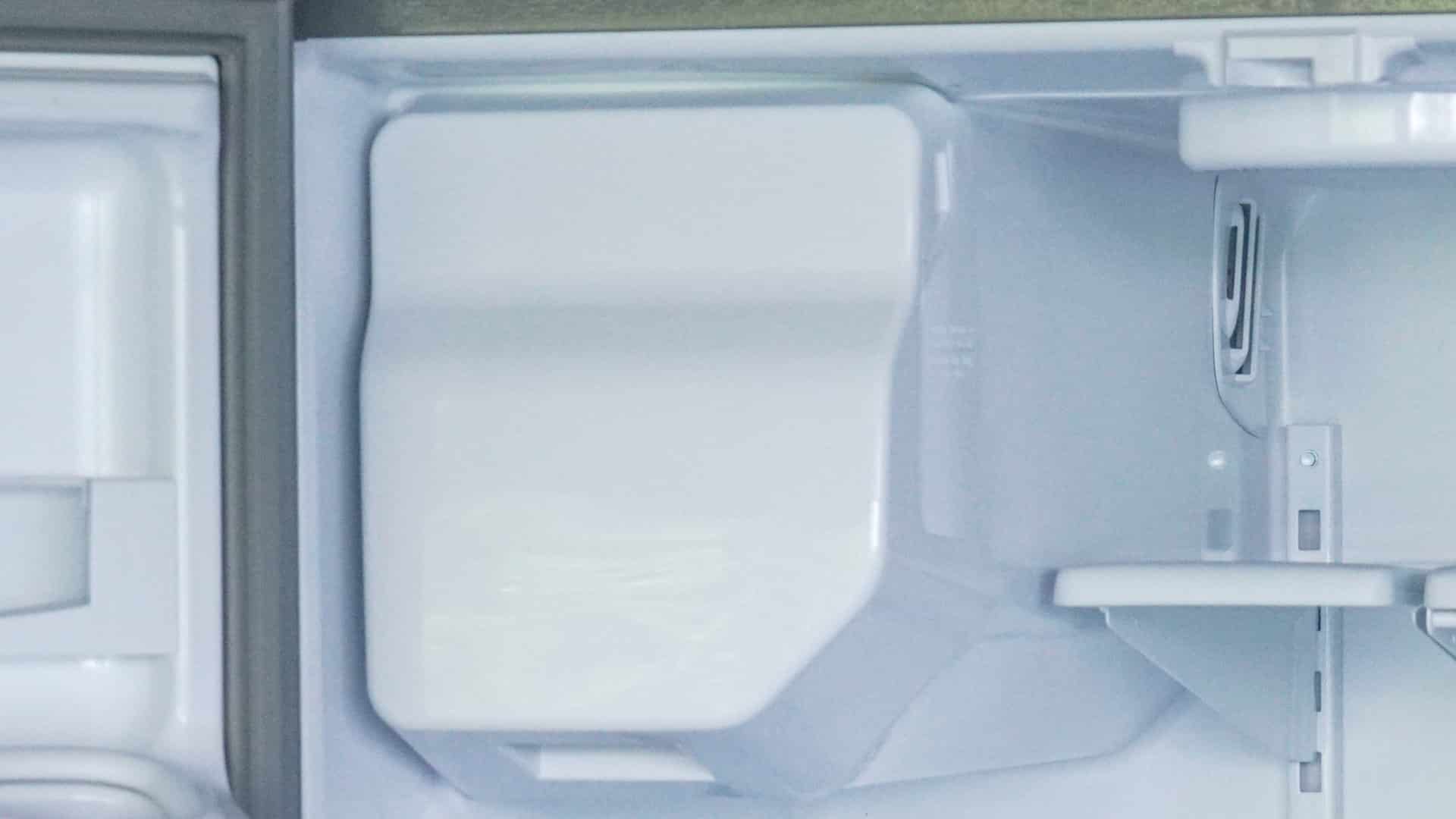
7 Reasons Why Your KitchenAid Ice Maker Isn’t Working
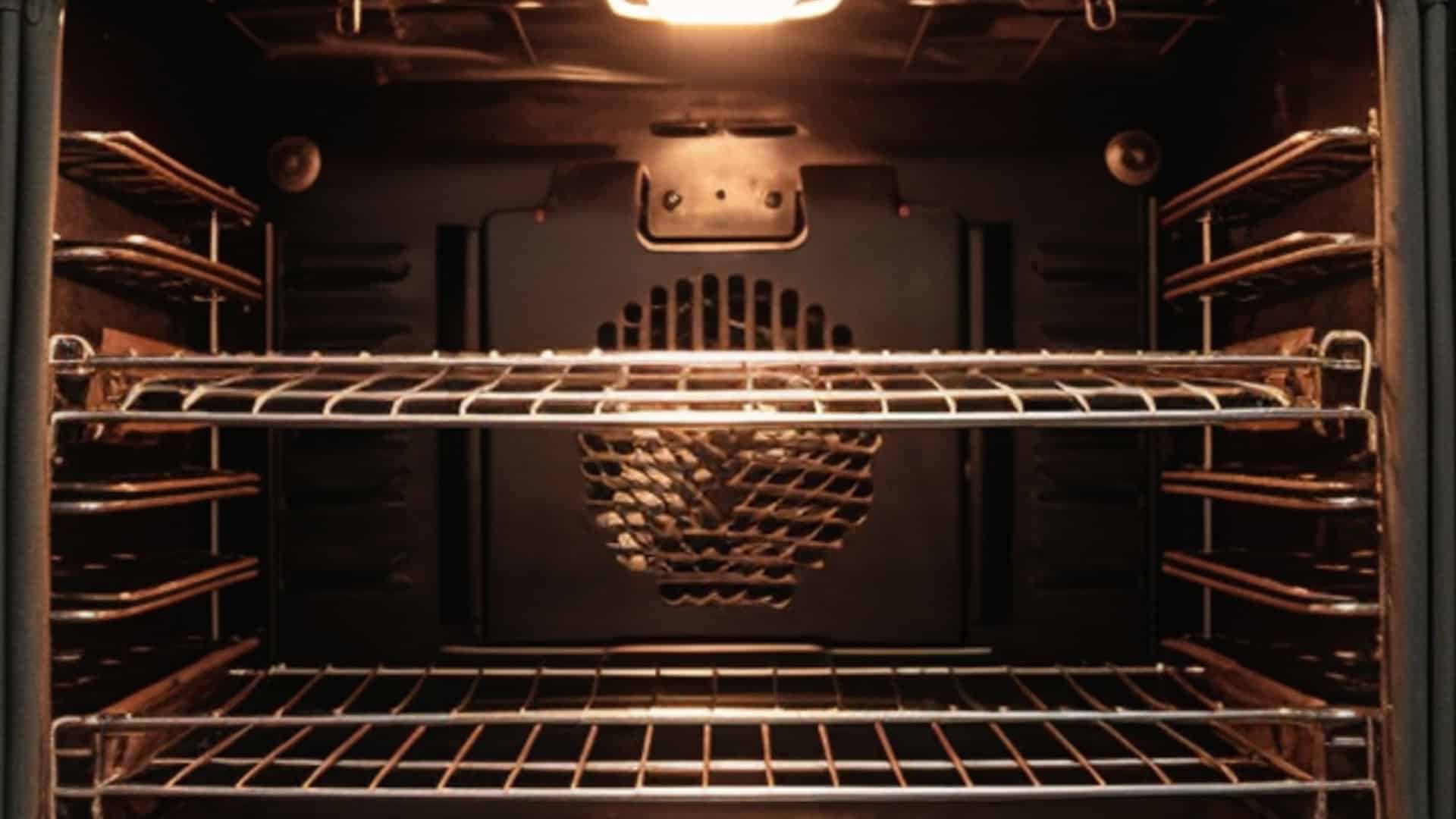
LG Oven F9 Error: Here’s How to Fix It
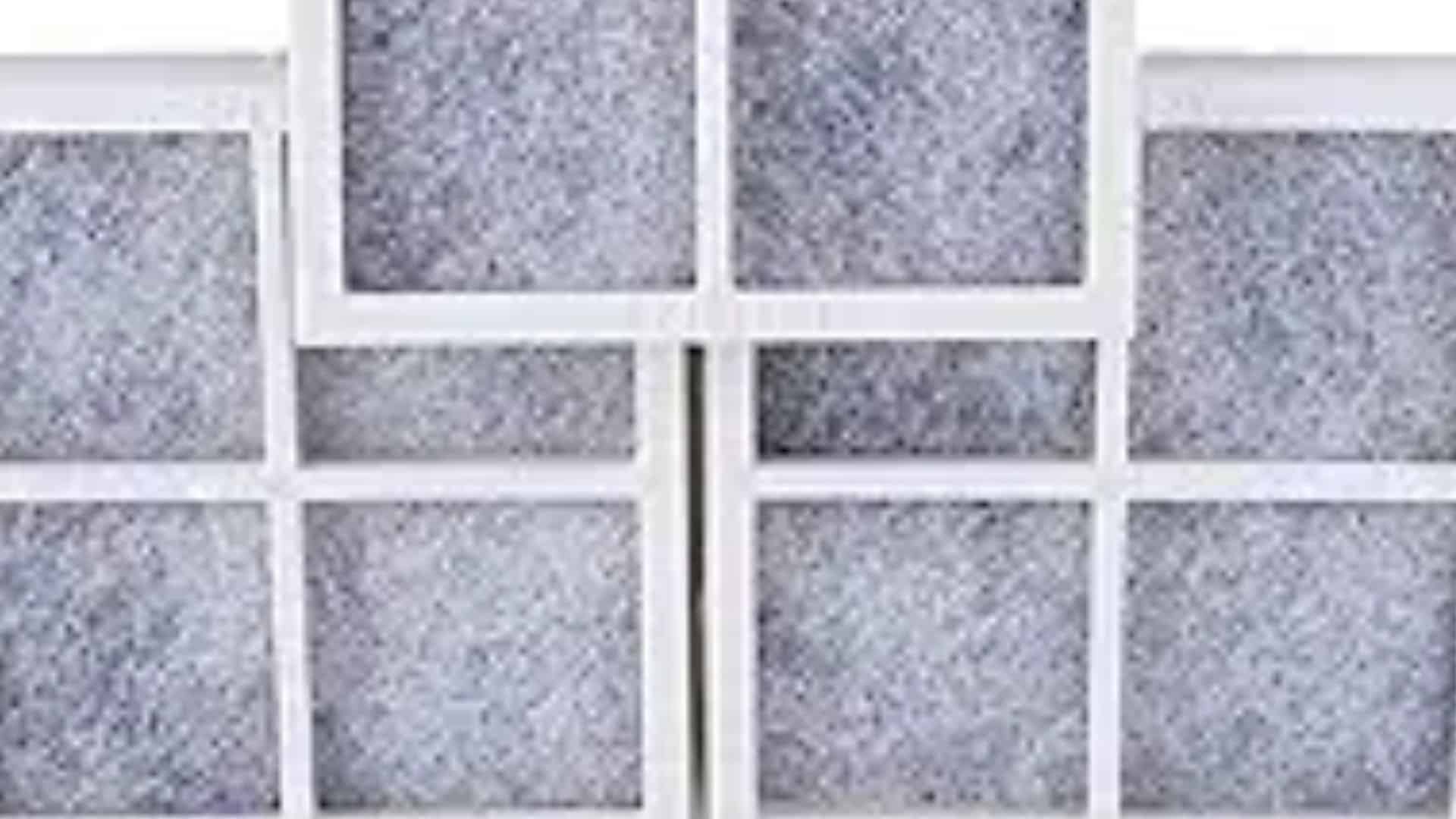
How to Replace an LG Refrigerator Air Filter
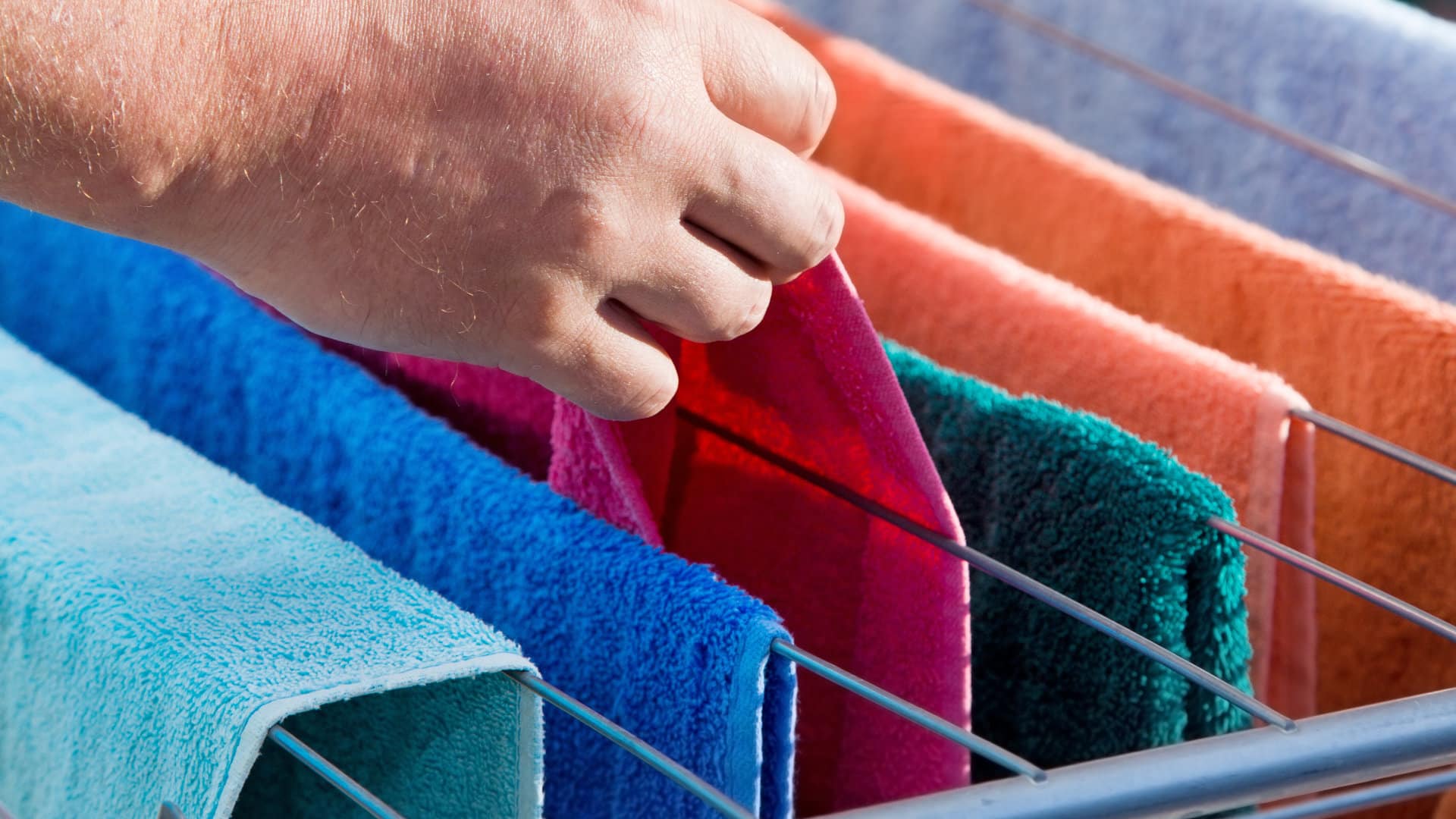
What Do Dryer Sheets Do?

How to Cook Corn on the Cob in the Microwave
